Destination Campbell River operated under a unique and extended arrangement where Destination Think had a contract to run the city’s destination marketing organization (DMO). It was always intended to be an opportunity to aggregate learning, compile all the best practices, and take a highly intentional approach to destination management and marketing. After five years, we can prove that building Campbell River’s brand leads to growth in the visitor economy.
The destination brand is linked to economic outcomes
Using the Tourism Sentiment Index, we were able to prove that positive sentiment towards Campbell River among travellers directly increased visitor spending on hotels. For years, we monitored what visitors were saying about the city using the Tourism Sentiment Score®, and compared it against accommodation revenue generated by the MRDT (Municipal and Regional District Tax). Like many other TSI users, we can show a direct link between the Campbell River brand and economic outcomes: when visitors had a positive sentiment towards the destination, hotel revenue increased, and when the sentiment turned negative, the revenue declined.
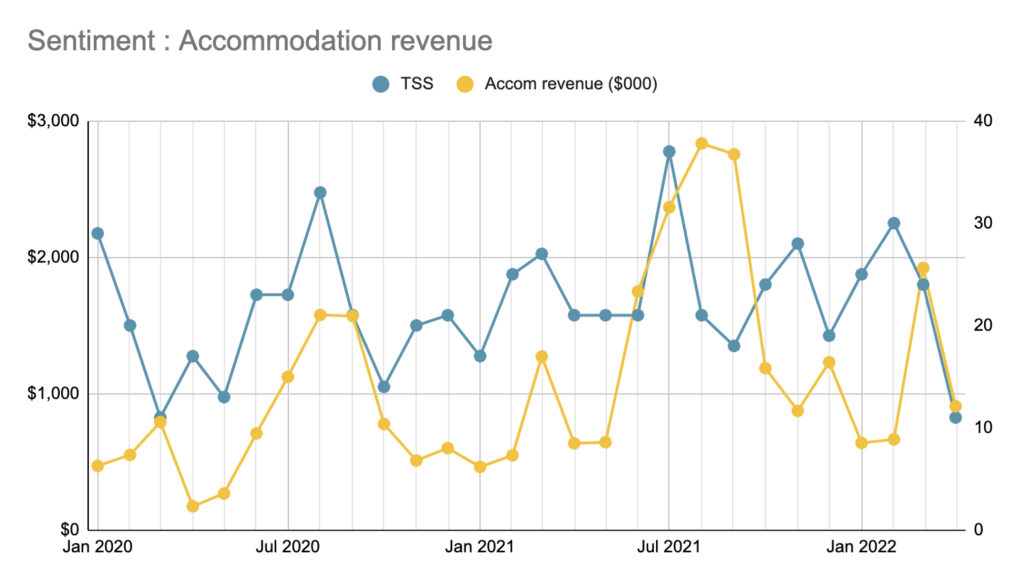
Source: Tourism Sentiment Index
We can confidently show that investments in building and maintaining a brand that genuinely resonates with both local residents and visitors directly ties into economic benefits. A strong brand can build up the visitor economy but similarly, a crumbling brand and negative sentiment can take a bite out of the revenue.
Place DNA® is the essential starting point
When Destination Think embarked on this journey with Destination Campbell River, a key priority was to understand the Place DNA® of the city. We have broken down the entire process in a previous case study. In summary, Place DNA® is our process to uncover the genuine identity of a place by engaging the local residents to learn what they truly value in their city. Using this as the basis for both destination management and marketing is exceedingly impactful.
The Place DNA® results guided all subsequent activities, including campaigns, promotions, strategy and new branding. The positive impact of including local residents in the Place DNA® process was particularly evident when the new branding was revealed in 2018. The brand was received with excitement and open arms as it represented and resonated with the local community.
Passion-based marketing is more effective
Destination Campbell River grapples with many of the same challenges other DMOs face. For example, tourism is highly focused on the summer season and, during the high season, there is a shortage of seasonal labour and accommodation for the seasonal staff.
Through consultation with the local tourism industry partners, we knew seasonality was a concern. Nobody likes the feast and famine cycle – it’s not desirable nor sustainable in the long run. With this in mind, we embarked on the investigative journey to discover what kind of experiences Campbell River can deliver in the fall, winter and spring months and who those activities might appeal to. Three distinct niche market segments were identified: fishing, cold-water diving and nature-based experiences.
These three segments, or passionate traveller groups, were further analyzed through passionography. This research sheds light on how to engage with groups of like-minded people. It helps us understand how they think and act, what their pain points are and what they are looking for. Equipped with insight into these three groups, Destination Campbell River has been able to create an overarching marketing strategy that addresses seasonal visitation gaps. Additionally, long-term action plans have been created to support the further development of these niches in Campbell River.
It might seem risky or counter-intuitive to put so much focus on smaller traveller segments, instead of attracting the masses. In reality, niche markets attract high-value visitors (economic, social and environmental value) that benefit the entire visitor economy. Niche marketing is also much more efficient. Read more about why focusing on interest-based travel makes business sense here.
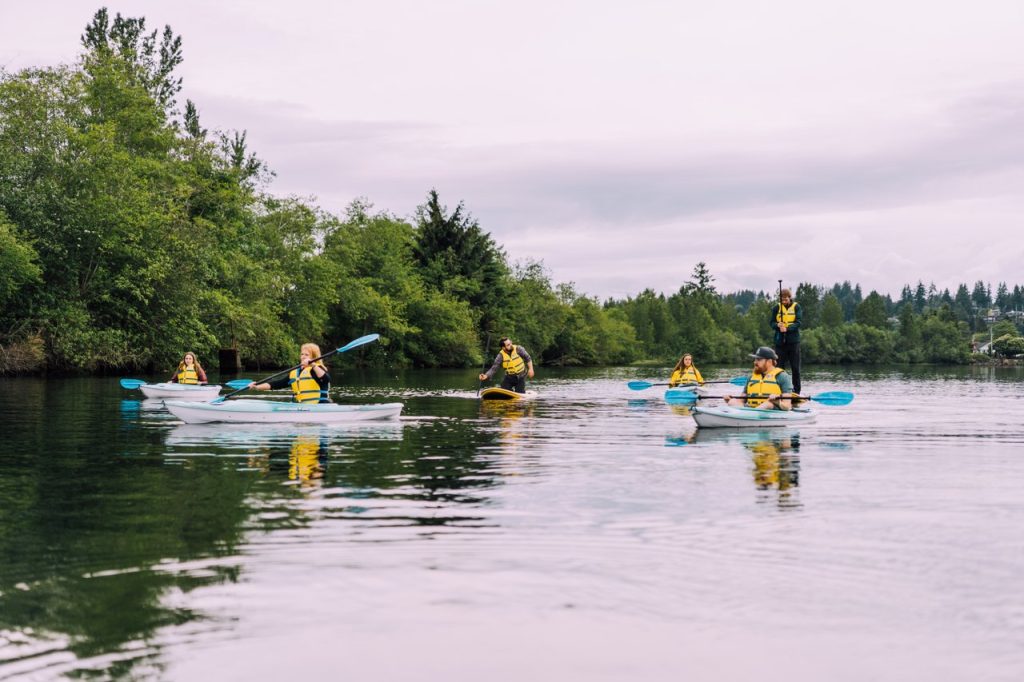
Image credit: Tyler Cave
Focusing on yield brings in more revenue
Campbell River experiences housing shortages like many other destinations. In 2022, two motels were turned into housing. This meant that 75 beds were taken out of the inventory, but what happened next was fascinating. Although the city’s pool of available rooms shrunk, hotel occupancy and revenue both grew. In fact, the total accommodation revenue grew by 41%.
Let’s look at the numbers for the full story. In 2021, Campbell River had 608 rooms. Visitors spent $7.44m on accommodation (in the first seven months of the year), for a total of 78,291 room nights. The yield was on average $95 per room night. In 2022, the city had 533 rooms. In the same time period, visitors spent $10.5m on accommodation, for a total of 91,278 room nights. The yield was 21% higher: $115 per room night. Even if the room nights had been the same in 2021 and 2022, total revenue would have been $9,003,465 – still a 21% increase.
What does this mean? We learned that it is possible to address the housing crisis and bring in a higher economic yield for the community. We don’t have to choose just one. When you have strong enough demand, you can focus on bottom-line growth and make decisions that way. This brings us back to the Tourism Sentiment Index (TSI) mentioned earlier. TSI is the tool that helped Campbell River predict there would be enough demand for accommodation to pull this off. It allowed us to be proactive instead of reactive.
Taking action toward reconciliation
Two main themes are at the heart of all decision-making at Destination Campbell River: reconciliation and sustainability. These provide an opportunity to generate meaningful change.
Campbell River is located on the unceded Territory of the Ligʷiɫdaxʷ, which includes the We Wai Kai, We Wai Kum & Kwikiah Nations. Indigenous culture and experiences, like those offered by Homalco Culture & Wildlife Tours, are remarkably present in Campbell River, and often draw visitors to the region. Indeed, First Nations culture was one of the key elements uncovered through Campbell River’s Place DNA®.
Reconciliation and sustainability are both best supported by action, not words. To this end, Destination Campbell River has been in collaboration and consultation with Ligʷiɫdaxʷ Knowledge Keepers, Matriarchs, Hereditary Chiefs and esteemed members of the Liǧʷiłdax̌ʷ, Homalco, and Klahoose communities. Working alongside Nations community members, the Nations direct the best possible way to work together collectively, to identify projects that provide the opportunity to amplify the collective Nations voices to share culture, learnings, and knowledge, to direct visitor behaviour and understanding of place. This type of collaboration is not only good for the community overall but is the conduit for authentic connections, that create personal experiences within Campbell River, leaving an impactful impression on visitors and locals alike.
Building reputation as a destination that values the environment through actions, not words
By now you know that we frequently consult the local tourism industry partners in Campbell River, and one thing we heard was the need for meaningful environmental stewardship and planning. And no wonder, Campbell River is a destination where the natural environment gave birth to the visitor economy in the first place. Wild nature is what visitors come here to see, so we had better take care of it.
One of the passionate traveller segments for Campbell River is nature-based travellers. To entice environmentally conscious travellers to come to visit, we ran a fall campaign that focused on environmental stewardship and experiences that highlighted community groups that are doing good for nature. We didn’t want visitors just to visit, we wanted them to turn their care for nature into action by participating in regenerative tourism projects or by donating to conservation efforts.
Campbell River has a tourism community that is incredibly passionate about the environment and keen to protect and steward it with the attention it deserves. Well-aligned with this, another project Destination Think is managing is about exploring environmental grant funding as part of responsible destination development, which we heard through industry feedback and engagement. With this, we hope to help boost environmental restoration efforts that sequester carbon and protect the local ecosystem, keeping it at least as wild as it is today.
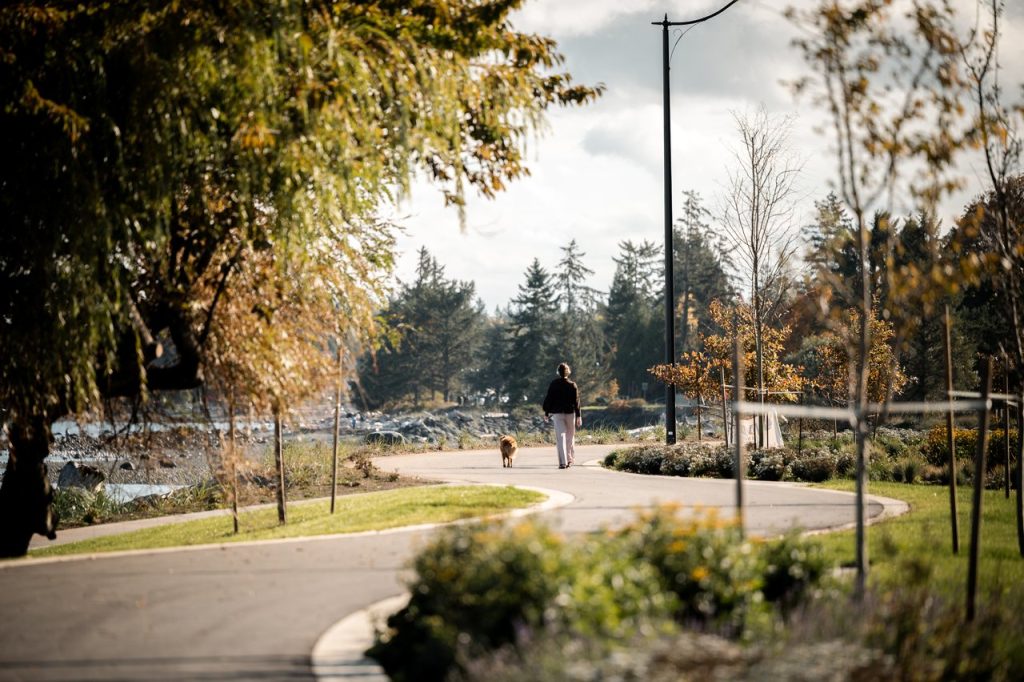
Image credit: Bluhen Photography
The climate crisis is here, and destinations can’t ignore it
The climate crisis is something that we as individuals or as an industry cannot shy away from. Measuring greenhouse gas emissions created by the tourism industry is the first strategic step toward understanding the current situation. We’ve developed a methodology to understand the in-destination and Scope 3 emissions for Campbell River.
Our tourism industry pushed us to go further; broadening the scope of the environmental impact assessment to include a wider range of key sustainability priorities focused on biodiversity.
Now, work is underway for a comprehensive Sustainability Plan to gain deeper insight into the sustainability priorities of Campbell River’s tourism, and what responsible destination development and management can look like. The outcome will be to support and catalyze impactful initiatives that improve the visitor experience, protect the community’s quality of life and regenerate the environment. We believe that destinations need to lead with actions, not words.
Expand marketing impact by turning everyone into a storyteller
At Destination Think, we’ve long advocated for a shift to human-powered marketing, empowering storytellers to talk about Campbell River. Why? Because it’s incredibly powerful.
Storytelling is woven into all of the marketing and communication efforts at Destination Campbell River. We have turned our travellers into ardent champions both online and offline and have activated local residents through projects like Humans of Campbell River, and a local Ambassadors Program; We collaborate with passionate, talented locals who help us spread the message about Campbell River in their own words. And that’s the key: instead of investing dollars into getting people to hear from a destination marketing organization alone, we have encouraged and empowered the residents, tourism industry, Campbell River businesses and our visitors to talk about Campbell River in their own voices with unparalleled credibility. This has allowed Destination Campbell River to build awareness through advocacy from real people, and reach much wider audiences than we could reach alone.
And this is how we close the loop, building the visitor sentiment (measured by Tourism Sentiment Score) to grow Campbell River’s visitor economy and improve the lives of the residents that we serve.
We are proud of what we’ve learned and achieved together with our team members in Campbell River over the last five years: the tourism economy in Campbell River has grown 36%. This was not achieved haphazardly or by seeing what sticks, it was consistent destination management with intention and purpose. The tourism industry saw many challenges and opportunities during that time, and there will undoubtedly be many more to come. We look forward to learning more in the next five years.
Unlock potential through funding opportunities
In the spring of 2023, the Destination Think team partnered closely with Destination Campbell River and the Campbellton Neighbourhood Association to successfully secure funding for a transformative trail expansion project. Envisioned as a means to offer inclusive and accessible low-impact outdoor activities, coupled with enriching educational opportunities, this initiative aims to foster a profound connection with nature, available for exploration throughout the year.
The culmination of this collaborative effort was met with jubilation as the Campbellton Neighbourhood Association was awarded an impressive $986,429 from the Destination Development Fund, generously allocated by the provincial tourism and arts ministry.
This article was written by Annika Rautiola, with contributions from other members of the Destination Think and Destination Campbell River teams.
Feature image credit: Bluetree Photography


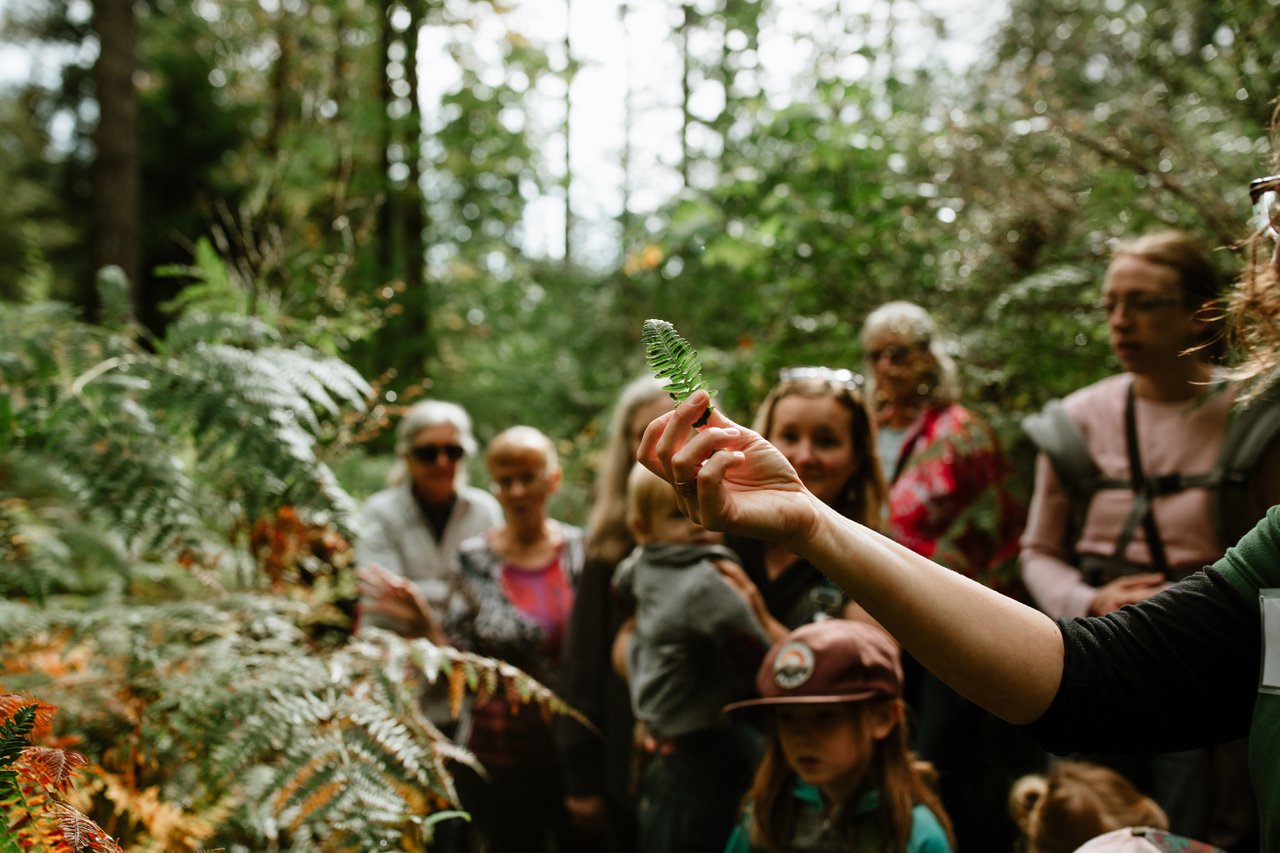

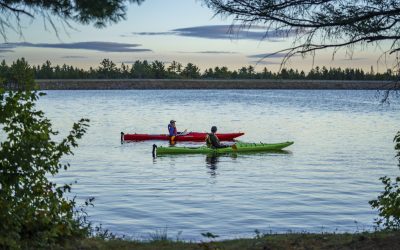
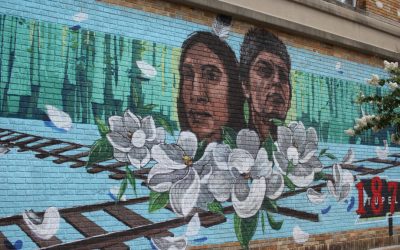




0 Comments